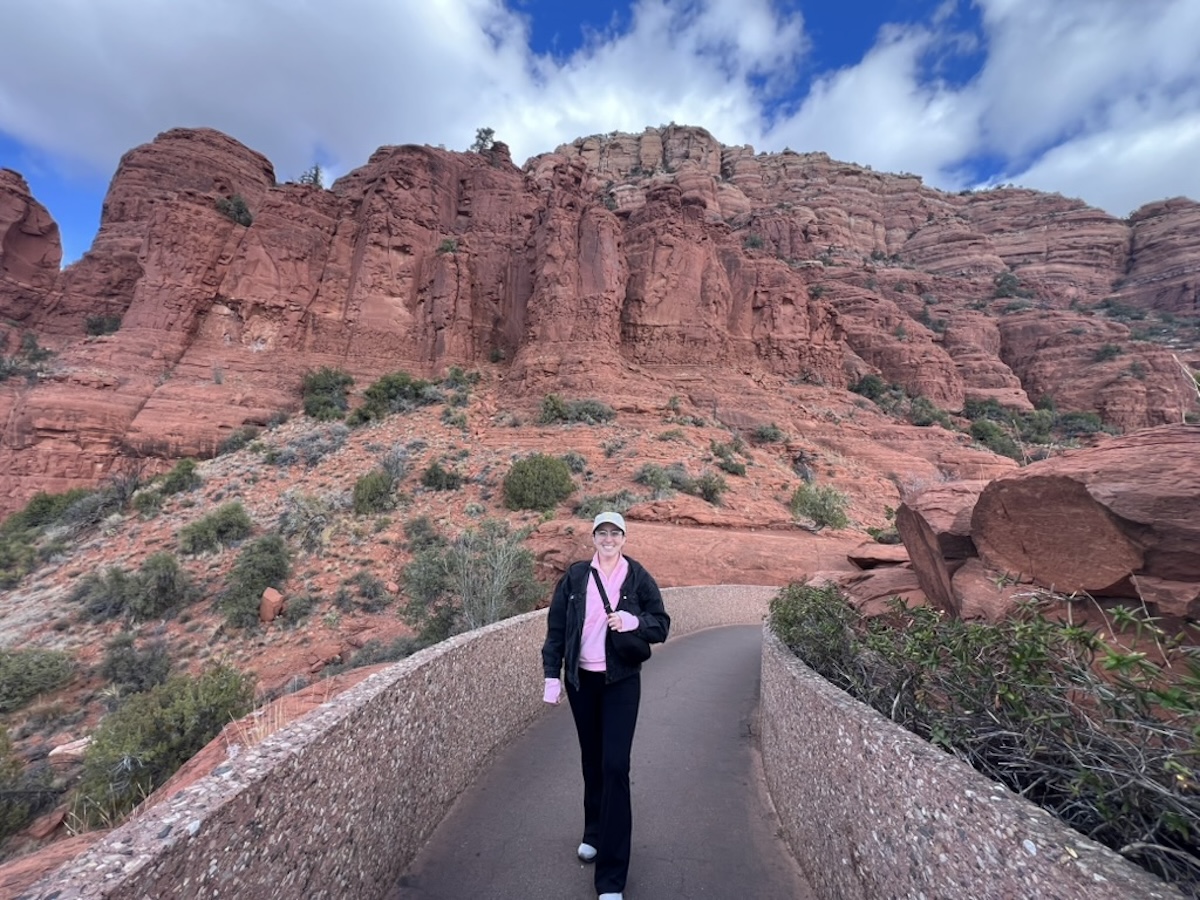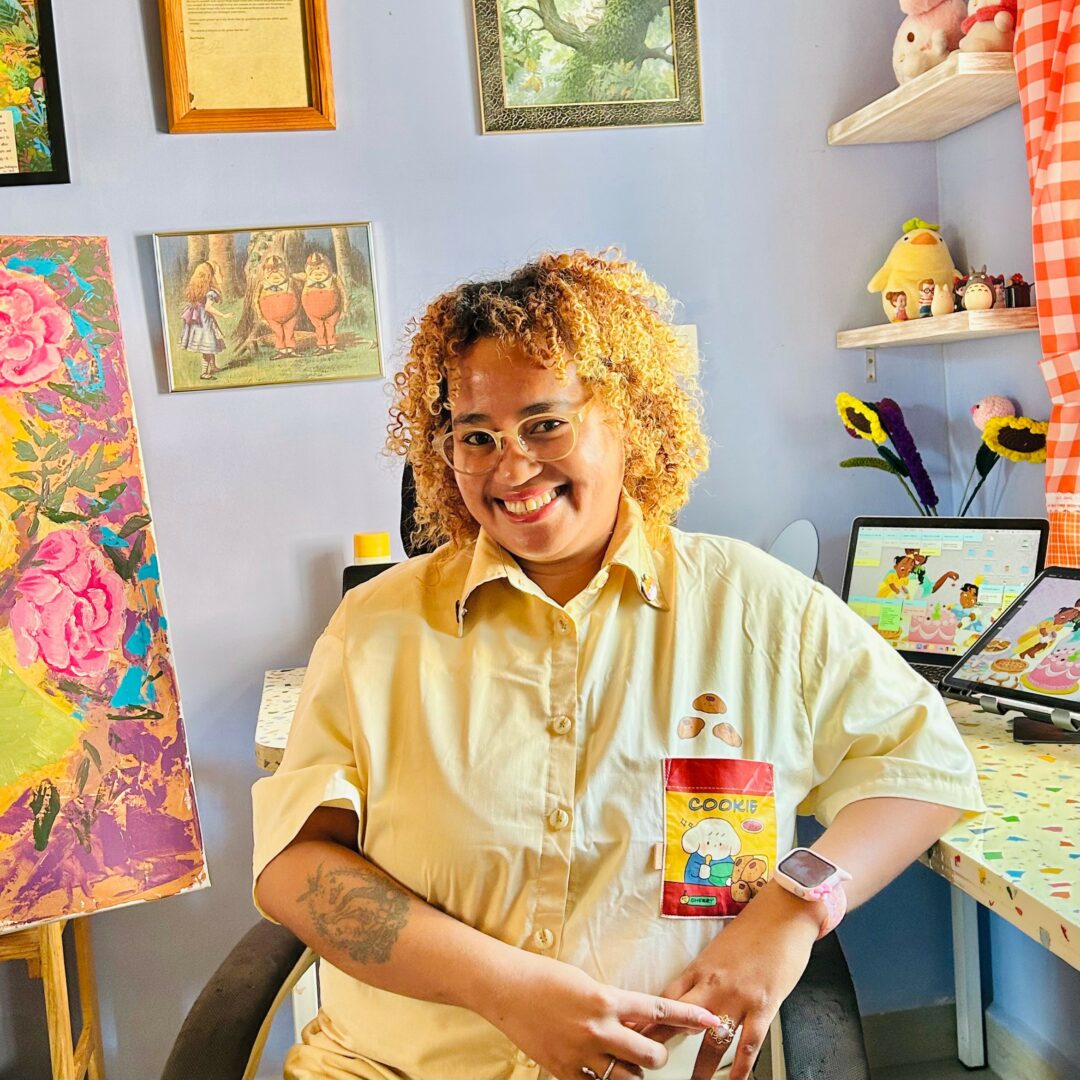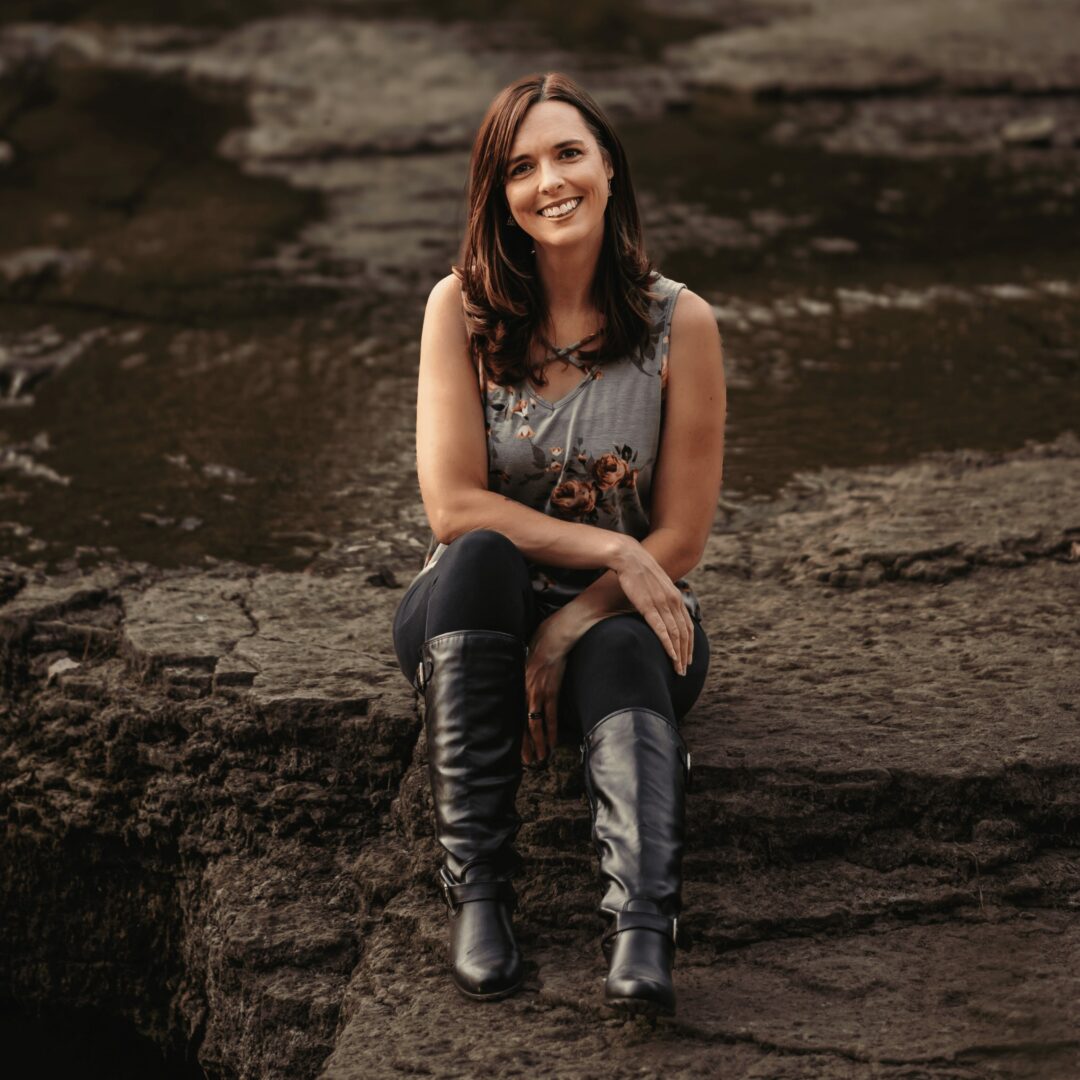We were lucky to catch up with Sche-Hao “Thomas” Wang recently and have shared our conversation below.
Sche-Hao “Thomas”, thank you so much for taking the time to share your lessons learned with us and we’re sure your wisdom will help many. So, one question that comes up often and that we’re hoping you can shed some light on is keeping creativity alive over long stretches – how do you keep your creativity alive?
I have always felt that becoming a successful filmmaker and harboring the desire to create great films have been the driving forces that inspire me to continue creating. When it comes to what makes a good film, if you were to ask me, I could list the films that I like and consider good. However, the great variety of films continuously alters my initial perception of movies, reshaping my definition and imagination of what constitutes a good film. Therefore, aside from hoping that my creations bring success in my career, thinking about how to create innovative, profound, and yet align with my standards of a good film has always excited me.
Before a film is completed, my imagination of the final product often has a vague outline, as if it has already been finished. There should have been a perfect version of it, and I feel like a potter who has lost their memory, trying to recreate the original form of the work that resembles memory with clay. Although I might not be able to recreate the most perfect version, the process is irresistible despite being challenging.
Furthermore, watching films, reading novels, and engaging with other creators, in my opinion, also motivate me to continue creating. When you discover a good film, you aspire to create works that are equally high-quality and moving. When you see people who share the same dreams as you making efforts, going through similar hardships, or even achieving some small successes, their experiences also bring you confidence, making you feel that this goal is worth the effort.
Thanks for sharing that. So, before we get any further into our conversation, can you tell our readers a bit about yourself and what you’re working on?
Last year, I earned my MFA degree in Film & TV Production from USC, and since then, I have been working as a freelance editor and director in Los Angeles. My work spans narrative films, documentaries, and music videos, covering genres such as comedy, drama, horror, and musicals. Despite the diverse range of film and television projects, their focus on human experiences often captivates me, and this is the fundamental reason why I chose this path.
For instance, themes of human loneliness, alienation, and vulnerable groups are particularly interesting and deserving of attention in my eyes. Despite the various reasons for fostering isolation, whether due to disabilities, socioeconomic conditions, or lack of care, their challenging situations and mental states can evoke our empathy and emotions.
The first short film I created before entering film school, “Stolen” (2018), featured a disabled street vendor striving to raise money for his daughter’s graduation trip, only to lose his wallet. When he unexpectedly discovers a wallet left by a customer, he faces the temptation to claim the money for himself. A year ago, I edited a documentary titled “Down the Road”(2022), which explores families who lost their homes due to California wildfires, and a compassionate father-daughter duo who generously donate RVs to provide temporary shelter. Another documentary I edited, “On My Road to Dharma”(2024), revolves around a monk guiding meditation for long-term incarcerated individuals, offering teachings while recognizing his own childhood traumas shared with them. In this journey of exploring prisons, the monk heals both others and himself.
Human relationships are another focal point in my creative process. Defining whose story it is and the conflicts within relationships often serve as the starting point for my story concepts. In the films I directed, “The Fighter” (2020) portrays an ambitious young man torn between pursuing his dream as a writer and navigating financial challenges alongside his relationship with his girlfriend. The romantic comedy short, “Rendezvous” (2021), follows a depressed man’s attempt to reconcile with his ex-girlfriend after interpreting a prophetic dream. “When Wind Blows on a Balcony” (2023) depicts two female friends who chose different paths in life. Upon their reunion and the affirmation of their respective lives, they discover that they are not as happy as they thought. “The Sound of Walking” (2023), another drama short I directed, focuses on a father-and-son relationship as the blind father grapples with realizing his son is gay, and the son attempts to reconcile with his father.
In my view, a good film serves as a guide to life. Through the characters’ development in relation to others, it prompts reflection on one’s own life and decisions. A good film doesn’t necessarily dictate what is right or what we should believe; rather, it encourages us to seek ways to understand our imperfect selves, imperfect people, or the imperfect world around us.
Currently, I am working on the post-production of my latest directing work, “The Last Sonata,” which I completed shooting last December. Meanwhile, I am actively engaged in editing and collaborating with other directors. Every day, I humbly redefine what film means in a professional setting and explore the possibilities within the realm of filmmaking.
Looking back, what do you think were the three qualities, skills, or areas of knowledge that were most impactful in your journey? What advice do you have for folks who are early in their journey in terms of how they can best develop or improve on these?
I feel that promoting oneself, stepping out of the comfort zone, and self-discipline are qualities and skills I hope to possess earlier, and they are what I continue to strive for and learn. When I was studying in Taiwan in my youth, although my future goals were clear, I had no idea how to achieve them. My father was a professor and received a fixed salary from the government. I basically grew up in an academic environment surrounded by teachers like him. There were no success stories of creators or entrepreneurs for me to refer to. I only knew that many successful people attended prestigious universities and were enlightened by renowned teachers, so I focused solely on how to get into a good university. Despite my efforts leading to the desired results, during my university years, I spent a lot of time dealing with coursework, studying seriously, and failed to understand how to produce creative works, actively promote myself, and break away from the familiar life circle and lifestyle at a younger age. This is something I often think about; if I had started doing these things back then, maybe my life would be different. I feel that both myself and young professionals may sometimes be reluctant to publish their works because they feel their creations are not mature enough. However, looking back now, this is unnecessary. Even if the works are not outstanding, making them visible allows for opportunities to continue creating and improving through feedback or resources provided by others. Step by step, a career will gradually develop.
Furthermore, self-discipline is an ongoing and indispensable aspect. While creators or artists might give the impression of relying on talent and spontaneity, I gradually realized that creators need a considerable amount of self-discipline to consistently produce within a timeframe.
Do you think it’s better to go all in on our strengths or to try to be more well-rounded by investing effort on improving areas you aren’t as strong in?
I believe focusing on a specific skill is important, especially when branding oneself. If the impression you give to clients or partners is that you can do everything, they might perceive that you only have a shallow understanding of many things, whereas someone who specializes in one thing may excel more. On the contrary, if you clearly market only one specific skill, they are more likely to trust you. This is understandable, considering that products also advocate for specialization to save costs and increase efficiency. Everyone knows that each person has the same amount of time, and if you spread yourself too thin across multiple tasks, the time spent gaining experience in a particular area will be diluted.
Previously, I secured a job related to editing, and later I found out that the reason I got it was because during the interview, when asked about what I wanted to do, I clearly expressed that I only wanted to focus on editing. Other candidates, facing the same question, mentioned too many other positions they were interested in.
However, in rapidly changing industries, certain specialties may become obsolete. In such times, sticking strictly to one area without exploring other possibilities or constantly updating may not be wise. Moreover, taking filmmakers as an example, if someone only knows how to shoot films but lacks other strengths or hobbies in life, it may be challenging to create unique and profound works. Being proficient in only one thing may lead to being too tool-like, becoming monotonous and uninteresting. Therefore, I believe individuals should have a broad range of interests, maintain wide curiosity, and stay ambitious. However, in their professional life, they must maintain a certain level of expertise to remain competitive.
Contact Info:
- Instagram: https://www.instagram.com/thomas88044/?hl=en
- Linkedin: https://www.linkedin.com/in/sche-hao-thomas-wang-5a925468/
- Other: IMDB: https://www.imdb.com/name/nm14986785/?ref_=nv_sr_srsg_6_tt_0_nm_8_q_sche




Image Credits
Profile Photo by Bella Crowner




